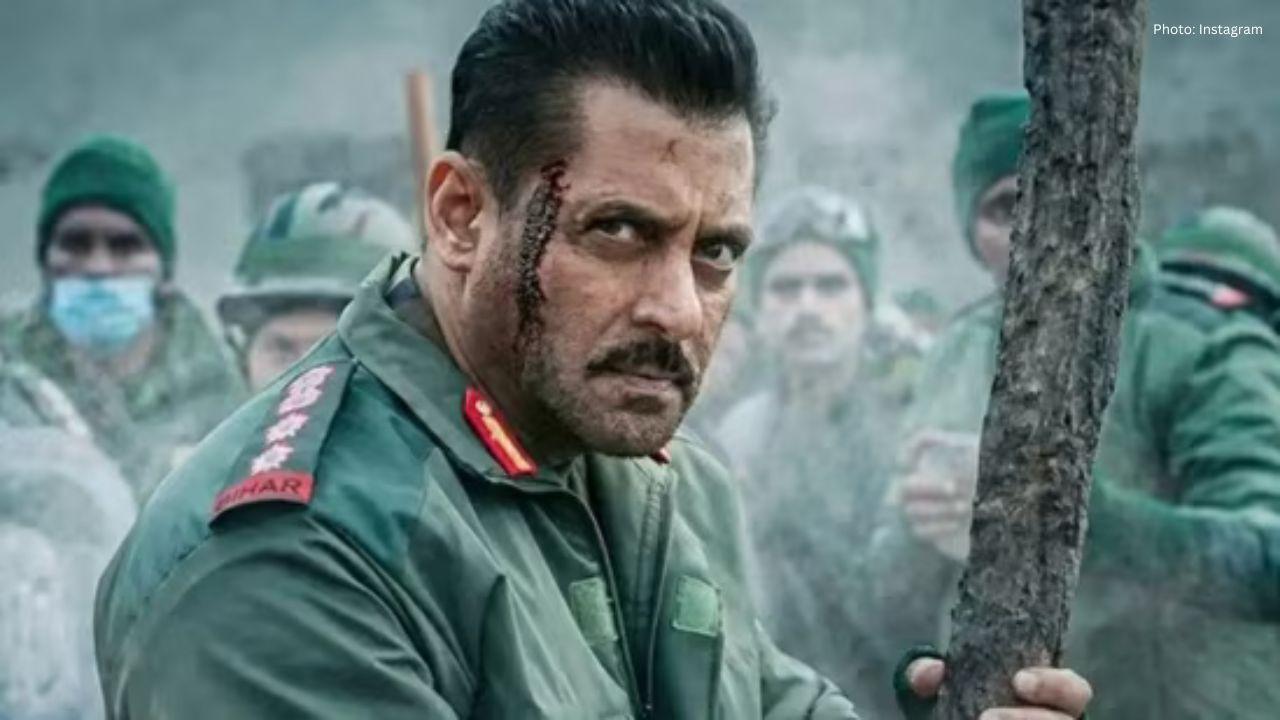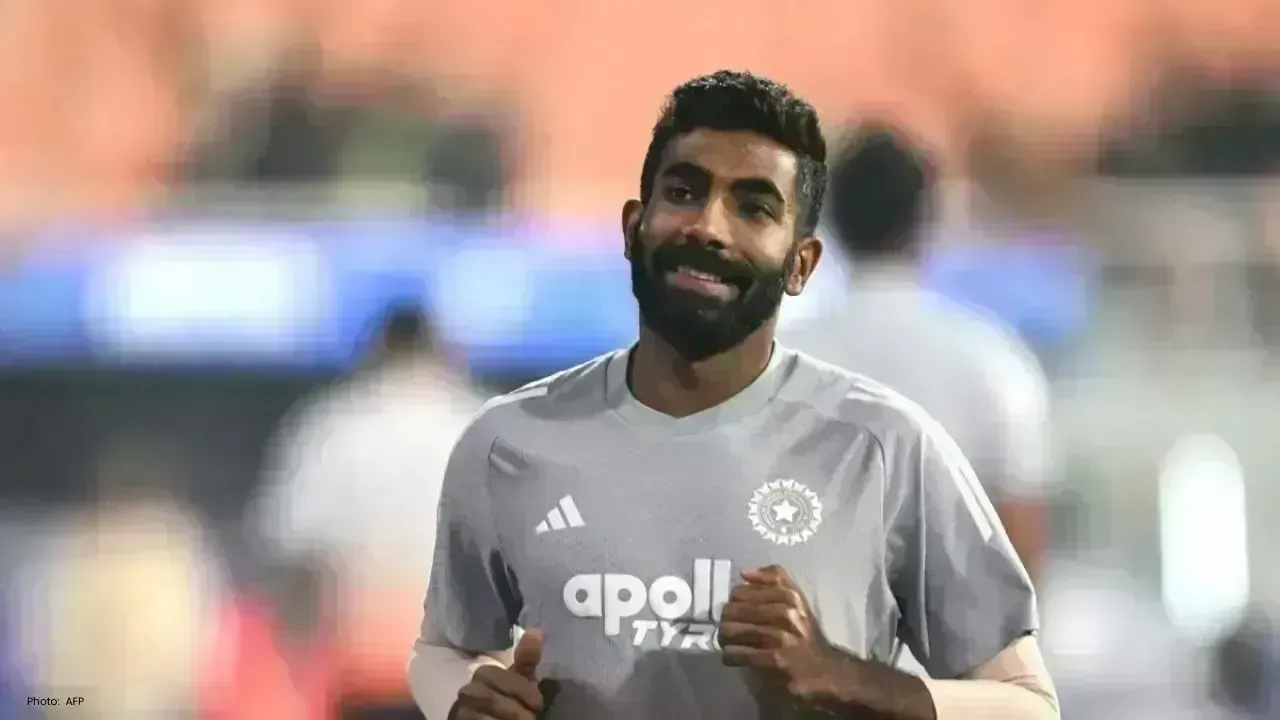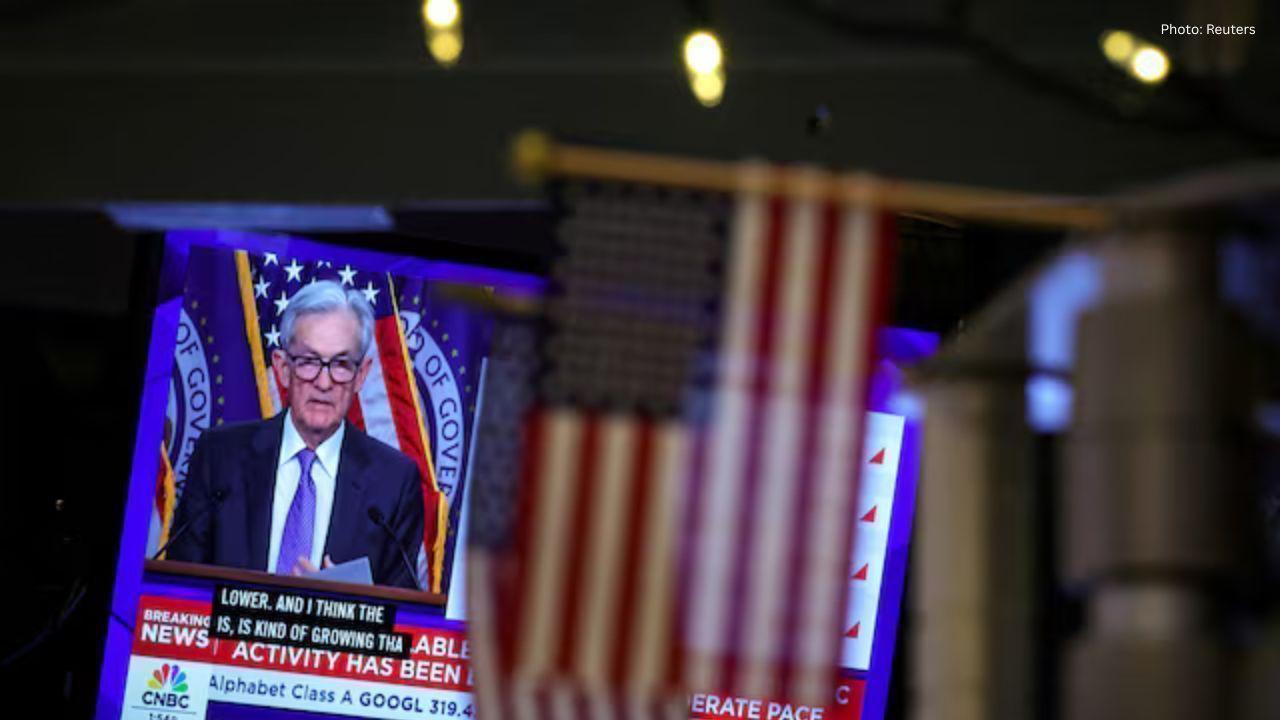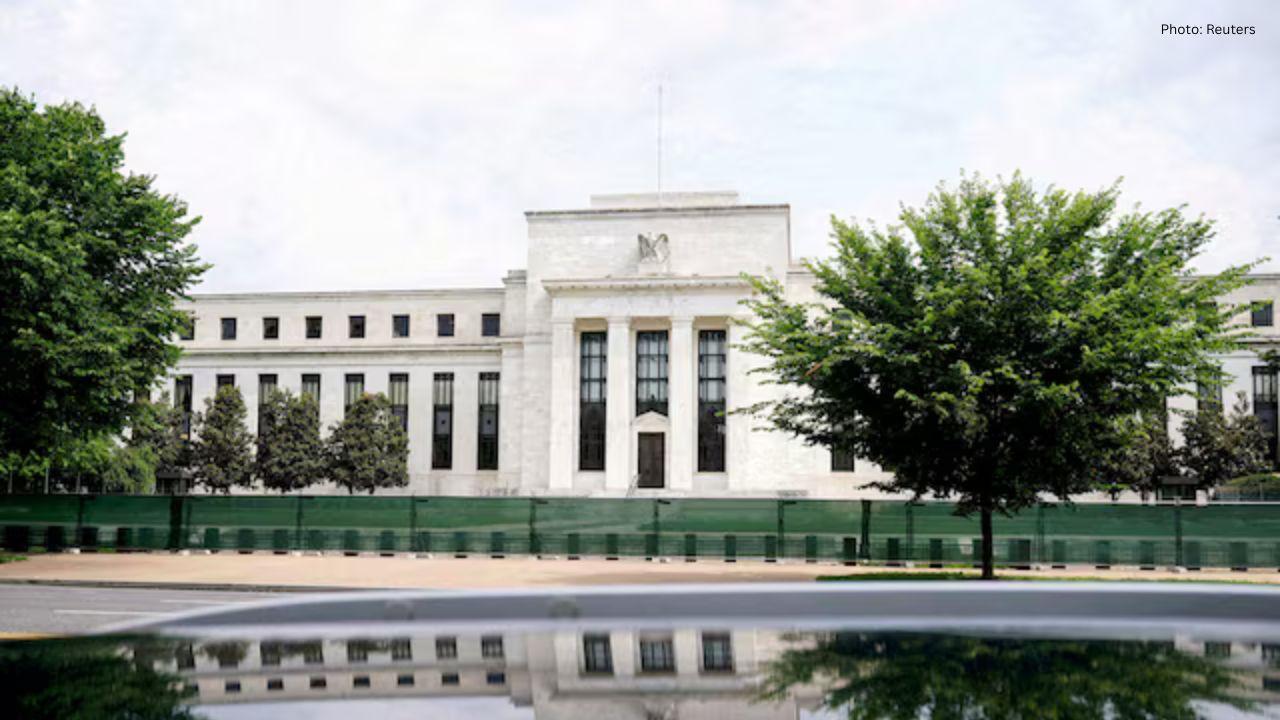You have not yet added any article to your bookmarks!

Join 10k+ people to get notified about new posts, news and tips.
Do not worry we don't spam!

Post by : Anis Farhan
Football, often called "the beautiful game," has transformed from a simple pastime into a universal cultural phenomenon. Across continents, communities, and cultures, the sport transcends differences in language, religion, or social status, creating a shared connection that few other activities can match. Whether in the bustling stadiums of Europe, the dusty fields of Africa, or the narrow alleys of Latin America, football speaks a language understood by all. This global resonance did not happen overnight—it is the product of history, community, and the innate simplicity of the game.
The modern version of football originated in 19th-century England, yet forms of the sport can be traced back centuries earlier across multiple civilizations. What set football apart was its simplicity: a ball, two goals, and a set of agreed rules. The lack of expensive equipment meant that children in remote villages could play with as much enthusiasm as those in urban centers. British colonizers, merchants, and sailors spread the game worldwide, introducing it to diverse societies where it was quickly adopted and reimagined in local contexts. Within decades, football became not just a sport but a cultural exchange medium, seamlessly weaving itself into the fabric of global societies.
The most profound reason for football’s universal adoption lies in its accessibility. Unlike sports requiring complex infrastructure or costly gear, football only demands a ball—or something resembling one. This accessibility has allowed the game to flourish in both wealthy cities and underprivileged communities. The rules are straightforward enough for a child to grasp in minutes, yet the tactical depth is rich enough to engage professionals and analysts for a lifetime. The combination of simplicity and depth made football the perfect bridge across cultures and generations.
Few events showcase football’s universality more than the FIFA World Cup. Every four years, the tournament brings together teams from all corners of the globe, watched by billions of fans across television, radio, and digital platforms. The World Cup has become a modern ritual, offering moments of national pride, heartbreak, and collective joy. More than a competition, it serves as a stage where countries both large and small can shine equally. A goal scored by an underdog nation can ignite global admiration, showing that football rewards passion and spirit as much as resources and fame.
In countless countries, football has become intertwined with national identity. Teams like Brazil’s Seleção or Argentina’s Albiceleste represent more than just athletes; they embody cultural pride and heritage. Victories are celebrated as national triumphs, while defeats are mourned as collective heartbreak. At a local level, club football fosters loyalty that passes through generations, creating lifelong identities for fans. A supporter of Manchester United, Real Madrid, or Al Ahly is not just following a team—they are embracing a community that transcends geography and language.
Throughout history, football has played surprising roles in bridging political and social divides. One famous example is the "Football War" ceasefire in 1969 between Honduras and El Salvador, where matches both reflected and soothed tensions. More recently, football matches have been used as platforms for diplomatic gestures, bringing leaders together in shared admiration of the sport. It demonstrates how football can operate not only as a game but as a symbolic tool of unity and reconciliation.
Football icons such as Pelé, Diego Maradona, Cristiano Ronaldo, and Lionel Messi became more than sports stars—they became global ambassadors of a shared human language. Their artistry on the pitch was understood and celebrated regardless of whether the viewer spoke Portuguese, Spanish, or English. A dribble, a strike, or a spectacular goal resonates without needing translation. These figures represent the game’s ability to communicate joy, struggle, and brilliance without words.
While professional leagues and global tournaments dominate headlines, football’s heartbeat lies in grassroots communities. Street football in Brazil, beach games in Southeast Asia, and schoolyard matches in Africa all nurture passion that eventually fuels the professional game. These grassroots movements remind us that football is not owned by the elites—it belongs to everyone. From dusty pitches to world-class stadiums, the language remains the same.
Football’s universality has also made it a powerful economic driver. Broadcasting rights, merchandising, sponsorships, and tourism associated with major tournaments contribute billions to global economies. Clubs have become multinational brands, and players have turned into cultural icons with influence far beyond the pitch. Yet, the commercial success of football is built upon the grassroots passion of fans across the globe.
As the world becomes increasingly digital, football’s reach is expanding further. Social media platforms, streaming services, and interactive technologies ensure that fans from Lagos to Tokyo can share the same goal celebrations in real-time. The language of football is evolving but remains consistent in its unifying force. Even as debates rage over technology such as VAR (Video Assistant Referee) or the commercialization of the sport, the essence of football’s universality endures: it is still about a ball, a team, and the shared emotion of the game.
Football’s rise to becoming the world’s universal language is not just a story about sport but a story about humanity’s search for shared experiences. It unites people in ways politics, religion, or economics often cannot. From grassroots communities to global superstars, from backyard fields to grand stadiums, football embodies the possibility of connection. It speaks across borders, time zones, and languages, reminding us that sometimes the most profound communication requires no words—only the echo of a ball being kicked.
This article is an editorial-style feature written for general informational and cultural purposes. It does not represent the views of any official football organizations or governing bodies.










Rashmika Mandanna, Vijay Deverakonda Set to Marry on Feb 26
Rashmika Mandanna and Vijay Deverakonda are reportedly set to marry on February 26, 2026, in a priva

FIFA Stands by 2026 World Cup Ticket Prices Despite Fan Criticism
FIFA defends the high ticket prices for the 2026 World Cup, introducing a $60 tier to make matches m

Trump Claims He Ended India-Pakistan War, Faces Strong Denial
Donald Trump says he brokered the ceasefire between India and Pakistan and resolved eight wars, but

Two Telangana Women Die in California Road Accident, Families Seek Help
Two Telangana women pursuing Master's in the US died in a tragic California crash. Families urge gov

Ranveer Singh’s Dhurandhar Roars Past ₹1100 Cr Worldwide
Ranveer Singh’s Dhurandhar stays unstoppable in week four, crossing ₹1100 crore globally and overtak

Asian Stocks Surge as Dollar Dips, Silver Hits $80 Amid Rate Cut Hopes
Asian markets rally to six-week highs while silver breaks $80, driven by Federal Reserve rate cut ex